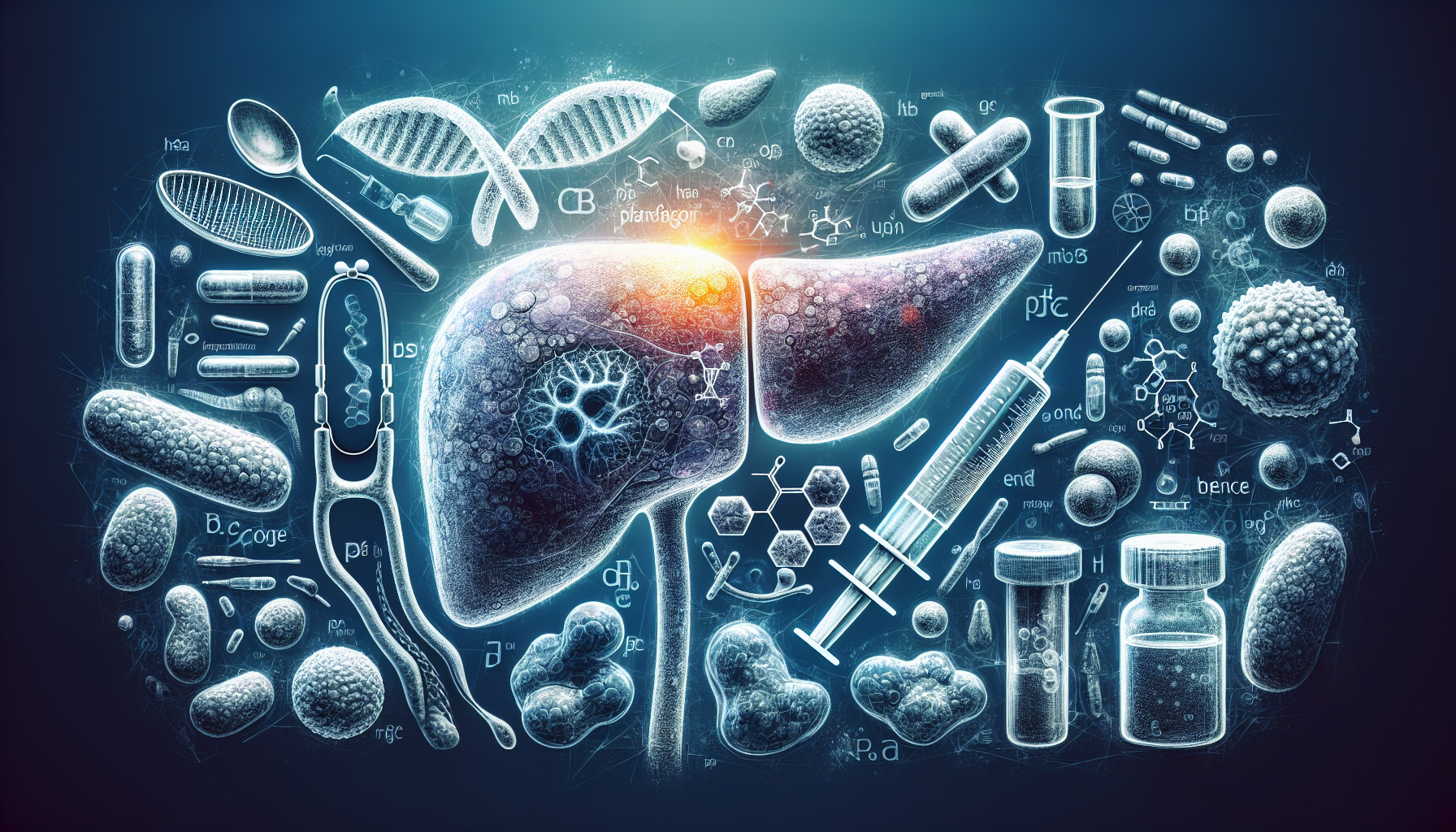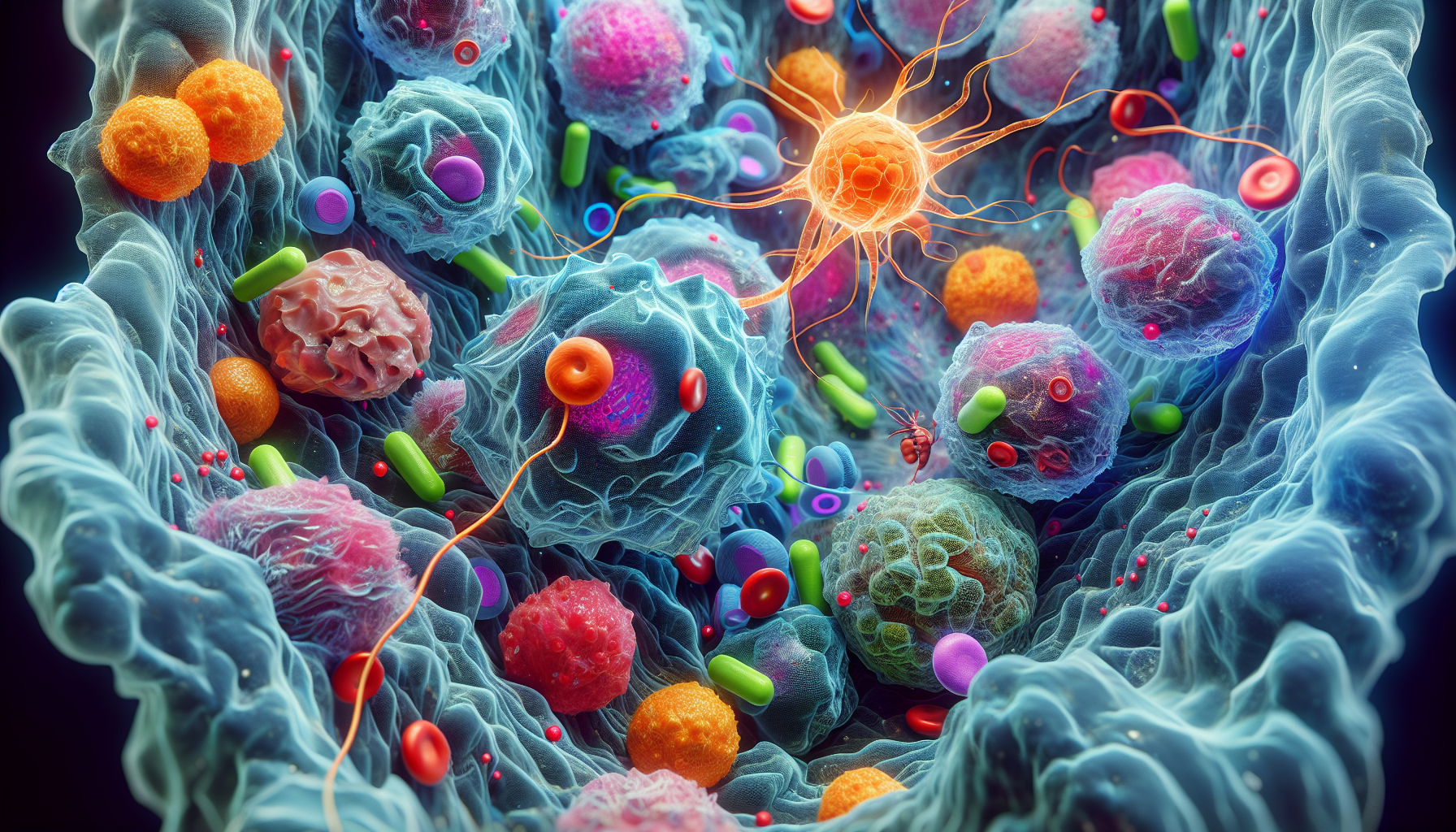Advanced Bladder Cancer: Nivolumab Plus Chemotherapy Gains Approval in Europe
Key Takeaways
- Nivolumab combined with chemotherapy improves survival rates for advanced urothelial carcinoma.
- The treatment has been approved by the European Commission and previously by the FDA.
- Combination therapy shows better response rates and maintains quality of life.
Did You Know?
Introduction
Breaking news in cancer treatment: the European Commission has approved the combination of nivolumab (Opdivo) with cisplatin and gemcitabine as a first-line therapy for adults with advanced urothelial carcinoma. Urothelial carcinoma is a type of bladder cancer that has spread beyond the bladder or is not removable by surgery.
Impact of the Approval
This approval is a significant milestone. It offers new hope to patients previously facing limited treatment options for this aggressive cancer type. Combined immunotherapy and chemotherapy show more promising survival rates. The decision was based on data from the phase 3 CheckMate 901 study, which highlighted the efficacy of this combination treatment.
Study Insights
The CheckMate 901 study involved 608 patients, divided between those receiving nivolumab with chemotherapy and those on chemotherapy alone. The study reported that patients receiving nivolumab and chemotherapy had a median overall survival of 21.7 months, compared to 18.9 months for those receiving chemotherapy alone.
Progression-free survival was also better with nivolumab, extending to 7.9 months against 7.6 months with only chemotherapy. These results underline the potential of including nivolumab in the treatment regimen for better outcomes.
Trial Design
Participants in the study were newly diagnosed patients with irresectable or metastatic urothelial carcinoma. Candidates were over 18, fit for cisplatin treatment, and had specific health profiles scored using the ECOG performance status.
Patients were randomly assigned to receive chemotherapy (cisplatin and gemcitabine) with or without nivolumab. Follow-up treatments included nivolumab monotherapy for those initially receiving the combination.
Patient Demographics and Outcomes
The median age of participants was 65, with the majority being male. Most had primary tumors in the urinary bladder and various degrees of PD-L1 expression, which influences how well immunotherapy works.
Survival rates after 12 and 24 months were significantly higher for those receiving the combination treatment. Both the response rate and duration of response were notably better, marking nivolumab plus chemotherapy as a robust treatment approach.
Side Effects and Quality of Life
Adverse effects were similar across both study arms but were slightly higher in the nivolumab group. Common side effects included anemia, nausea, and neutropenia. However, adding nivolumab did not compromise the patient's quality of life.
Future Implications
These findings are a game-changer in the oncology community, suggesting that nivolumab combined with chemotherapy should become a new standard for treating advanced urothelial cancer. The results add a new dimension to treatment strategies, emphasizing the benefits of combination therapies.
Regulatory and Clinical Perspectives
The FDA had already approved this combination therapy in the U.S. in March 2024, making Europe the latest to adopt this advanced treatment strategy. Medical experts see this as an important development for healthcare providers dealing with complex cancer cases.
Conclusion
In summary, the approval of nivolumab with chemotherapy in Europe represents a landmark achievement in treating advanced urothelial carcinoma. This combination therapy has proven effective in extending survival and improving the quality of life for many patients, offering a new ray of hope.
References
- European Medicines Agencyhttps://www.ema.europa.eu/en
- Bristol Myers Squibb: CheckMate -901 Studyhttps://www.bms.com/researchers-and-partners/clinical-trials/checkmate-901.html
- Cancer Research UK: Combination Therapyhttps://www.cancerresearchuk.org/combination-therapy






